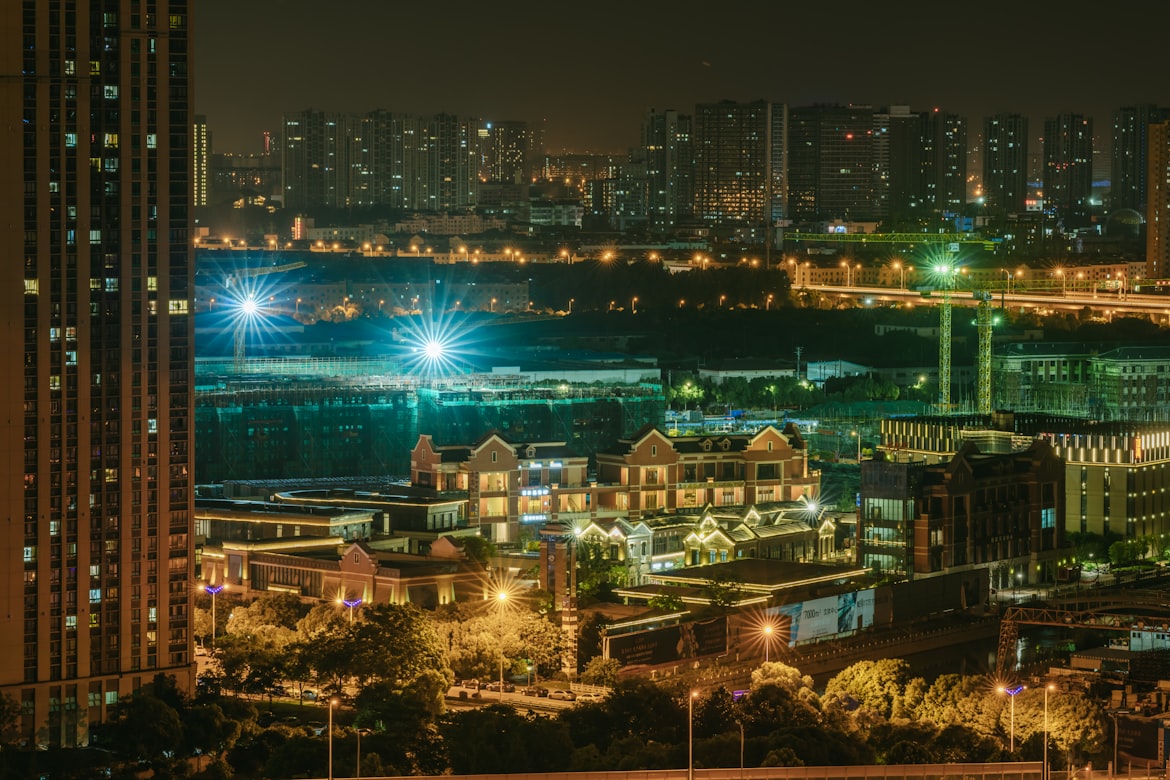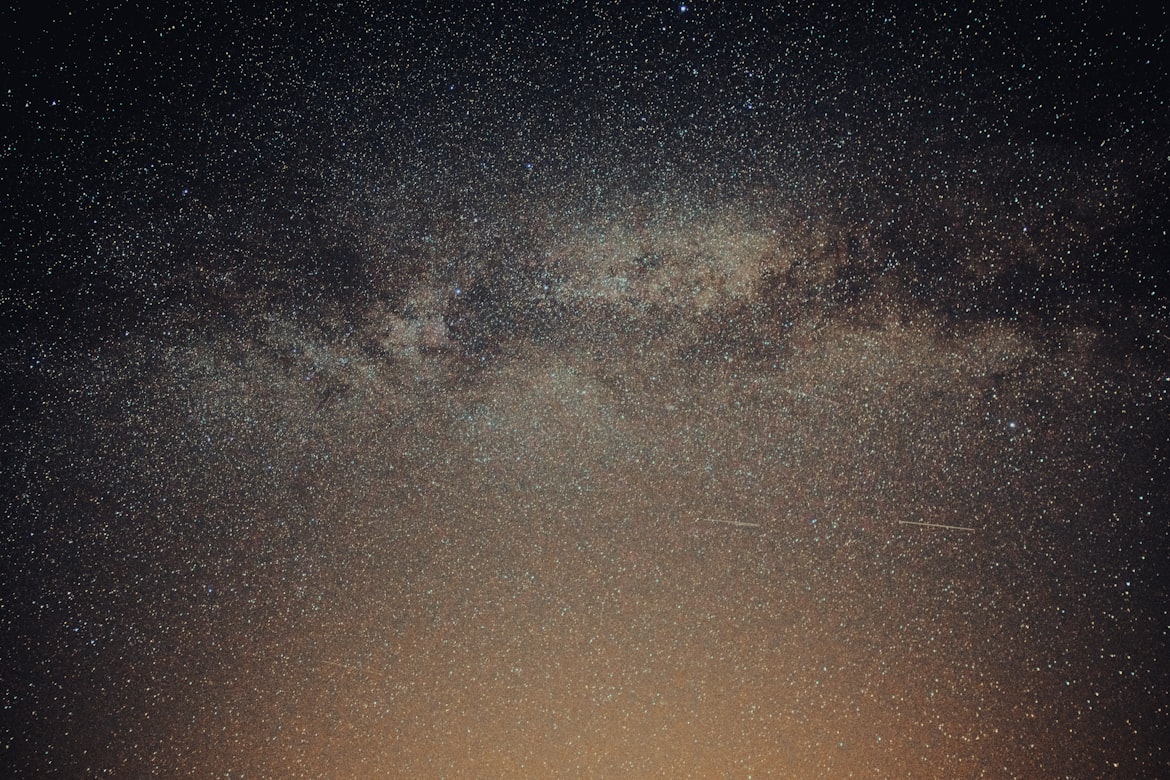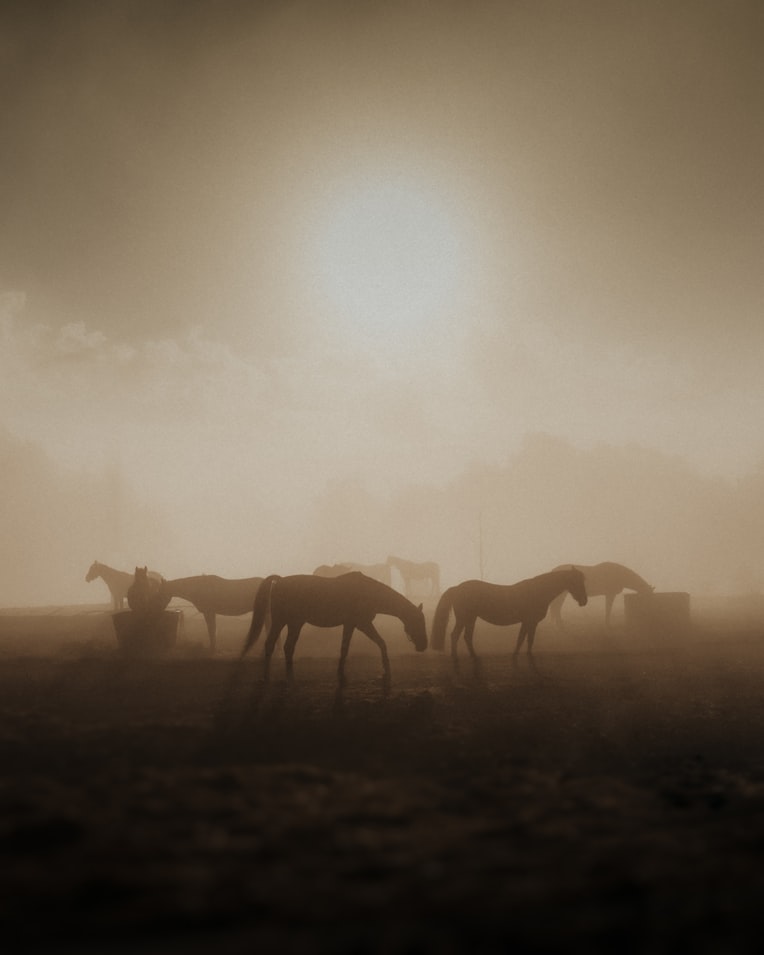Light Pollution: How it Affects Astronomy and Wildlife

Light pollution is a growing problem in many parts of the world, as it affects not only astronomy but also wildlife. Light pollution is defined as the excessive or misdirected artificial light that is emitted into the night sky, obscuring the natural darkness.
Effects on Astronomy
Light pollution can have a significant impact on the field of astronomy, including:
- Obscuring the night sky: Light pollution makes it difficult to see stars, planets, and other celestial objects, hindering the work of astronomers.
- Interference with telescopes: Light pollution can also interfere with telescopes, making it more difficult to collect data and conduct research.
- Loss of natural darkness: Light pollution also leads to the loss of natural darkness, which is necessary for many astronomical observations and studies.
Effects on Wildlife
Light pollution can also have a negative impact on wildlife, including:
- Disrupting migration and breeding: Some species of birds and other animals use the stars and other celestial cues for navigation, and light pollution can disrupt their migration and breeding patterns.
- Affecting feeding and hunting: Light pollution can also affect the feeding and hunting patterns of nocturnal animals, altering the balance of ecosystems.
- Disturbing sleep patterns: Light pollution can also disturb the sleep patterns of animals, causing stress and other health problems.
Solutions for Reducing Light Pollution
To reduce the impact of light pollution on astronomy and wildlife, it is essential to reduce the amount of artificial light that is emitted into the night sky. Some of the solutions that can help to achieve this include:
- Using shielded lighting: Governments and individuals can use shielded lighting, which directs light downwards and reduces glare, to reduce the amount of light pollution.
- Encouraging outdoor lighting codes: Governments can encourage the adoption of outdoor lighting codes, which set standards for the amount and type of lighting that can be used, to reduce light pollution.
- Promoting dark-sky parks: Governments can promote dark-sky parks, which are designated areas with minimal light pollution, to protect natural darkness and promote astronomical research.
- Educating the public: Governments can educate the public about the effects of light pollution on astronomy and wildlife, and encourage individuals to be more mindful of their own lighting use.
Conclusion
Light pollution is a growing problem in many parts of the world, as it affects not only astronomy but also wildlife. Light pollution is defined as the excessive or misdirected artificial light that is emitted into the night sky, obscuring the natural darkness.
To reduce the impact of light pollution on astronomy and wildlife, it is essential to reduce the amount of artificial light that is emitted into the night sky, this can be achieved by using shielded lighting, encouraging outdoor lighting codes, promoting dark-sky parks, and educating the public. By taking these steps, we can protect the natural darkness, promote astronomical research, and preserve the balance of ecosystems for future generations.








